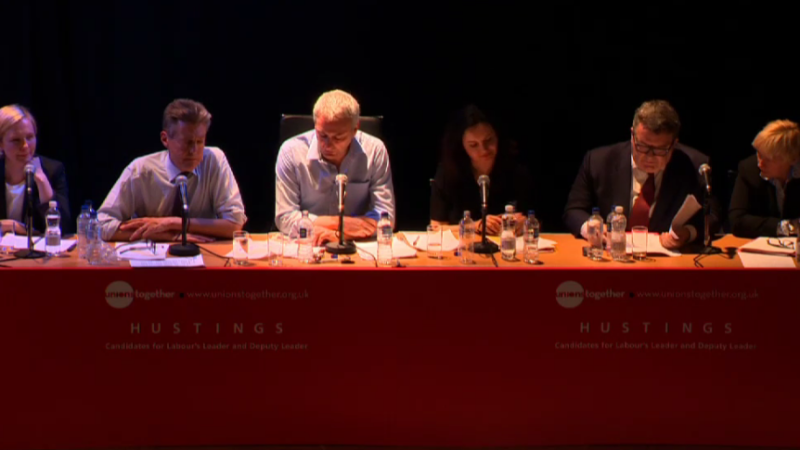
This afternoon the Trade Union and Labour Party Liaison Organisation (TULO) held a deputy leadership hustings. The five people vying for the job explained why they think they’re the best person for the job and answered questions from the audience.
Here’s what we learned:
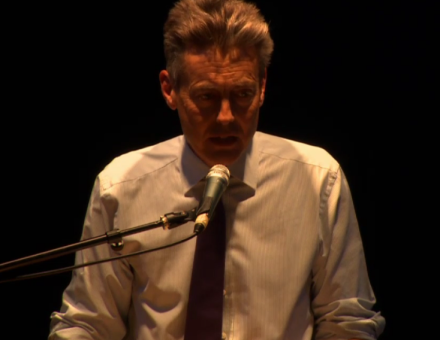
Ben Bradshaw
As MP for Exeter since 1997 Bradshaw emphasised that he is the only candidate in either leadership contest to win and build on a majority in a former Tory seat.
He also argued he didn’t bring his own agenda and had no designs on the leadership – potentially a dig at some of the other candidates…
Bradshaw described himself as committed to the notion of plurality, noting that he could work with any of the leadership candidates and reach out to people across the country. He said that Labour needed to pick a deputy leader who would help them win, and who people across the country could relate to.
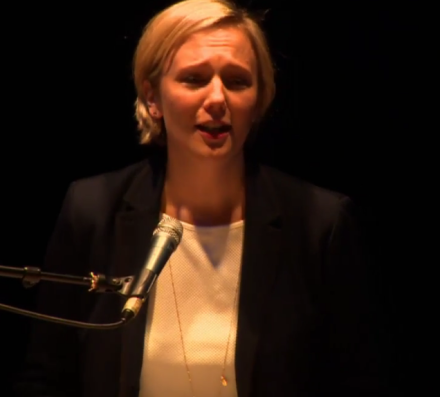
Stella Creasy
Creasy outlined her campaigning experience and argued that it’s a fundamental human right to be able to organise – stressing Labour should be a movement not a machine.
Creasy also advocated for filtering more money down from senior to grassroots level, so Labour members can launch their own campaigns at a community level.
She took umbrage with chair, Kevin Maguire, when he asked what candidates would do if both the leader and deputy leader were the same gender. Creasy pointed out that if there were two women leading the party, there would still be more men in senior positions in the Labour movement and said that this is exactly the kind of questions that need to stop being asked in the Labour movement.
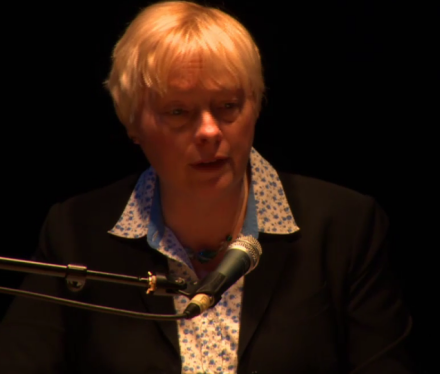
Angela Eagle
Eagle began her opening pitch by referencing her parents’ working class background – these people, she said, she wants to help. Eagle also cited the Ragged-Trousered Philanthropist (and in particular the chapter, the Great Money Trick, which offers a clear analysis of capitalism), as an inspiration.
Eagle made the point that Labour need to express themselves in language that everyone can understand. she also said that she would be willing to challenge the leader, while also remaining loyal.
Eagle outlined that she’ll change Labour campaign, making it so the party are better connected to communities and workplaces. She also said she will never stop fighting for equality, and that she’ll never calm down (referencing the time David Cameron told her to “calm down, dear) as long as the Tories are in government.
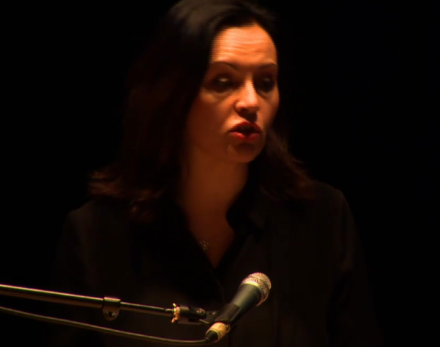
Caroline Flint
Flint drew on her background – her mum was a lone parent at 17 and in her mid-20s Flint was “alone with two children under the age two” – to show that she could relate to people from across society. She said has “never had a sense of entitlement” and that she didn’t always feel valued by the Labour party (arguing that money and connections shouldn’t be how people get elected). Because of these experiences, she argued that she can relate to peoples’ concerns and their everyday lives.
Flint’s other message was that the party needed to reach out to people who didn’t vote Labour and she feels she’s best placed to do that. She stressed the importance of ensuring that people in the private sector were unionised, an issue she has had experience of in her constituency, Don Valley.
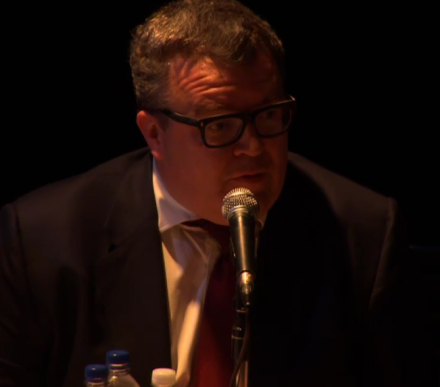
Tom Watson
Watson played up his campaigning credentials and his commitment to trade unions; saying in his opening statement “I will never walk away now you’re under attack.” He argued that he wanted to build Labour from the grassroots up.
He said that as deputy leader he would help the leader realise a new vision for the country to win back voters the party have lost in recent years.
He said he’d never blame so-called scroungers or immigrants – for which he got applause – because it’s wrong and “doesn’t even work”. Watson also argued that UKIP voters didn’t vote for the party, but voted against Labour.



More from LabourList
Haigh: We won’t shut ticket offices or cut jobs – or nationalise water
Lou Haigh to reveal ‘roadmap’ for public ownership of railways within first term
Rochdale Labour says brick thrown at candidate’s home with ‘f*** Labour’ note